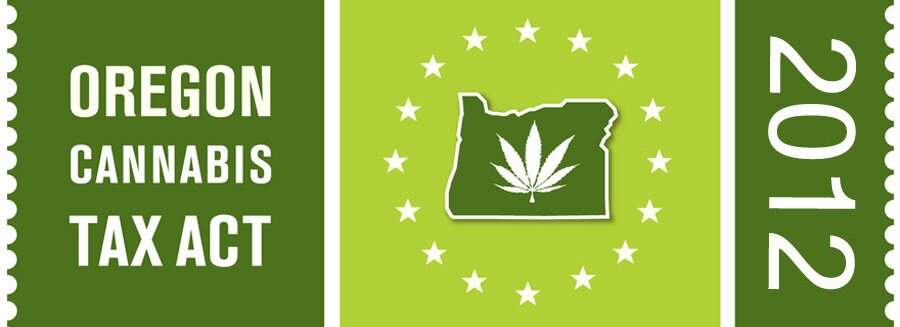Legal Marijuana: Pot of Gold
By Anna Song KATU News and KATU.com Staff
 PORTLAND, Ore. - While state budgets in Oregon and Washington face gaping holes, advocates of legalizing marijuana say taxing pot can help fill those holes.
PORTLAND, Ore. - While state budgets in Oregon and Washington face gaping holes, advocates of legalizing marijuana say taxing pot can help fill those holes.
Madeline Martinez, Oregon’s executive director for NORML, the national organization that’s pushing to reform marijuana laws, says she sees a golden opportunity to convince people that legalizing marijuana could be a good thing after all.
“Why don’t we capture the revenue that’s just being lost to the criminal market in many regards and bring it to the people. We’re the ones who deserve it,” she says.
Her group estimates the Oregon Cannabis Tax Act, if passed by voters, would generate $140 million a year in revenue, 90 percent of which would go to the state’s general fund. The rest would go primarily to drug abuse treatment programs, Martinez says.
She calls it “Cannicare” because “we would be using cannabis money to pay for health care,” she says.
With a $9 billion budget hole in the state of Washington, Rep. Mary Lou Dickerson, D-Seattle, proposed a law permitting the selling of pot at liquor stores with a 15 percent tax.
She says eventually about $300 million could be raised a year and “we could use every cent of that for drug and alcohol treatment and prevention.”
Dickerson acknowledges that proposing such a law is a low political risk for her since she lives just blocks away from Seattle’s Green Lake Park which is a district that’s known as progressive.
“The big surprise to me was that people all over the state are coming out, out of the woodwork, and they’re saying, ‘hey, you go Mary Lou, we think marijuana should be legalized,’” she says.
Dan Harmon is one of the more outspoken critics of marijuana legalization in Oregon. He’s the executive vice president of Hoffman Construction, a company that refuses to accept medical marijuana users as employees.
“We all, I suppose, knew that was really a Trojan horse for legalization, and I think that’s really what it’s become,” he says.
Harmon says making legalization work is based on a mistaken assumption that the people growing it now will allow themselves to be taxed.
“To me it’s akin to saying, ‘I grow tomatoes and you’re going to tax tomatoes in my backyard. Am I going to voluntarily disclose I’m raising tomatoes and pay a tax to you?” he says.
Legalization, according to Chris Gibson a top antidrug trafficking official, does nothing to reduce the criminal element for marijuana. He cites the Mexican drug cartels as an example. They’ve been growing marijuana in America’s national forests for years.
“They’re going to be able to undercut that price and there is still going to be a black market out there for marijuana grown by them,” he says. “Who do you think people will go to: The taxed product or the cheaper (and) potentially more potent version?”
Who will have the final say?
In Washington it will be lawmakers. In Oregon it will be the voters. Ultimately, if either effort passes, the federal government will decide.
Rep. Dickerson’s bill was recently voted down in the Washington House, but a Senate version is still in the works.
Additionally, one of the key arguments in support of legalizing marijuana is the legalization of alcohol and how states manage to tax and regulate that.
Source: http://www.katu.com/news/local/83622302.html






















